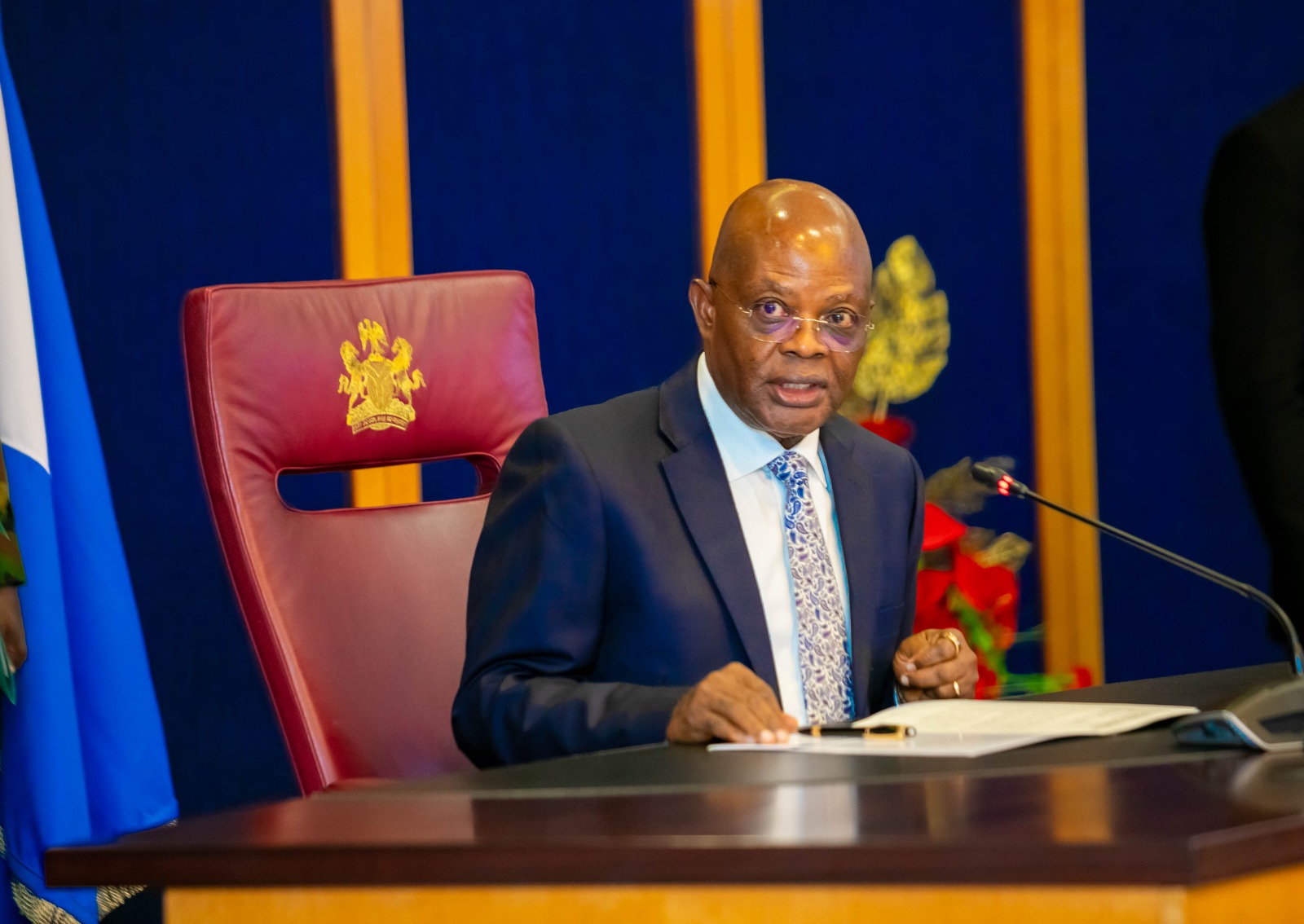Nigeria tops global list for lack of electricity access
Nigeria has the largest population without access to electricity globally, with 86.8 million people lacking supply as of 2023, according to the World Bank’s latest energy progress report.
The report, titled “Tracking SDG7: The Energy Progress Report 2025,” was released on Wednesday and assesses progress made toward Sustainable Development Goal 7 (SDG7), which focuses on ensuring access to affordable, reliable, sustainable, and modern energy for all by 2030.
This marks the third consecutive year that Nigeria has ranked as the country with the highest electricity access deficit worldwide. The report also shows that only 61 per cent of Nigeria’s population had access to electricity in 2023, while just 26 per cent had access to clean cooking energy.
“Nigeria (86.8 million), the Democratic Republic of Congo (79.6 million), and Ethiopia (56.4 million) topped the list, together accounting for roughly a third of the entire global access deficit,” the World Bank said.
The report noted that among the 20 countries with the largest electricity access deficits, 18 are located in Sub-Saharan Africa. South Sudan had the lowest national access rate at 5 per cent, followed by Chad and Burundi at 12 per cent.
In sub-Saharan Africa, 35 million people gained access to electricity in 2023. However, population growth over the same period was estimated at 30 million, resulting in a marginal net reduction in the electricity access gap, from 570 million people in 2022 to 565 million in 2023.
The region now accounts for 85 per cent of the global population without electricity, a significant increase from 50 per cent in 2010.
In contrast, Central and Southern Asia recorded the most progress between 2020 and 2023, reducing their electricity access deficit from 414 million in 2010 to 27 million in 2023.
Looking ahead to 2030, the World Bank report notes that the world has reduced the number of people without electricity access by 665 million since 2010. Twenty-one countries have achieved near-universal access, but challenges remain.
The International Energy Agency (IEA) projects that 645 million people will still be without electricity by 2030 if current policies persist.










